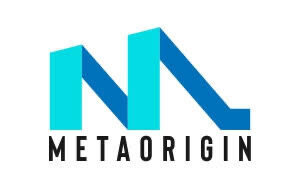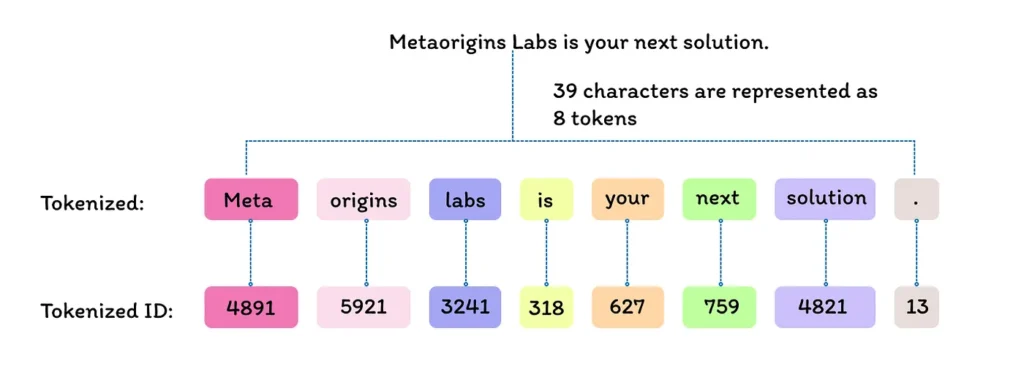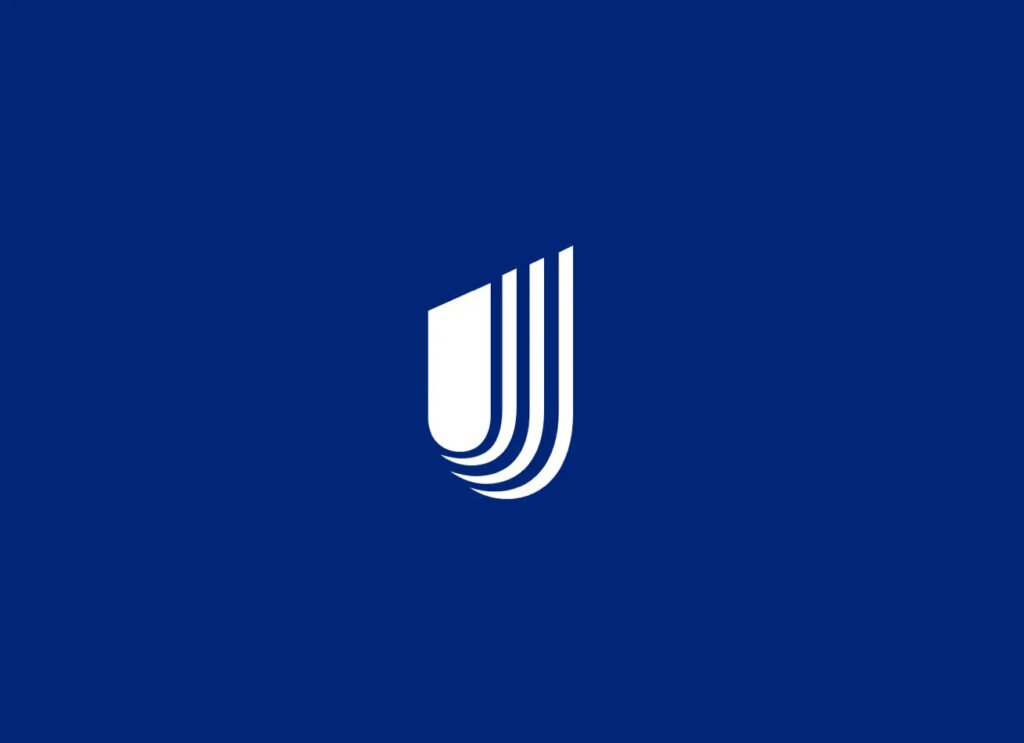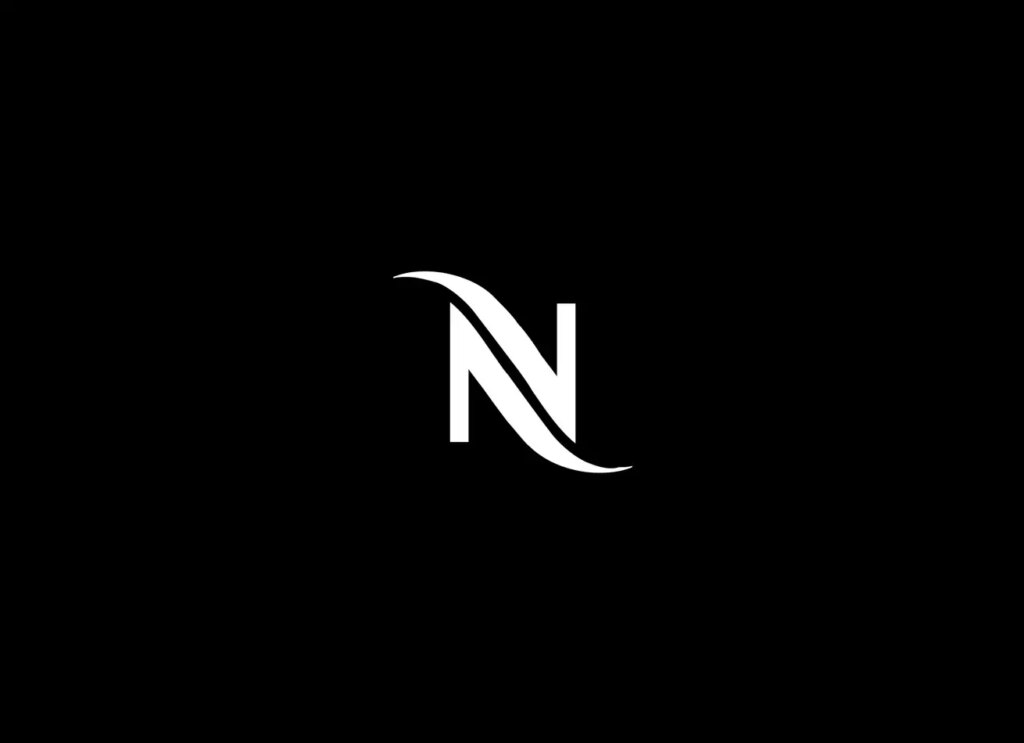
The technology industry has made incredible advancements over the years, but one area where it continues to struggle is with diversity and inclusivity, particularly when it comes to naming standards. Some of the common terminologies and conventions we still use today are racially insensitive, outdated, or exclusive, often reflecting an era of unexamined bias. It’s time for the tech industry to confront this issue and move toward language that reflects the values of inclusion, respect, and equality.
Problematic Naming Standards in Tech
Historically, technology has been developed in environments that were predominantly male and predominantly white. As a result, the language and standards that emerged in coding, hardware, and software often reflect those dominant cultural norms. This may not have been intentional, but intent does not erase the harm that can be done when language reinforces exclusion or reflects racial or colonial hierarchies.
Here are some of the most common problematic naming conventions in tech:
1. Master/Slave Terminology
One of the most well-known examples of racially insensitive terminology in tech is the use of “master” and “slave” to describe relationships between processes or devices. This terminology has been widely used in coding, database management, and hardware configurations. It reflects a deeply harmful historical context rooted in slavery, and the casual use of these terms trivializes the real human suffering that this institution caused.
https://www.bbc.com/news/technology-53050955
Many companies and institutions, including Python, Django, and GitHub, have already recognized the problem and moved to replace “master/slave” with terms like “primary/replica” or “leader/follower.” But the fact that such a change is still needed in 2024 speaks to how ingrained and normalized these terms have become in tech culture.

2. Blacklist/Whitelist
The use of the terms “blacklist” and “whitelist” to describe things that are blocked or allowed, respectively, reinforces a harmful association of “black” with negativity or danger and “white” with positivity or safety. This is an outdated binary that has harmful racial connotations, even if not immediately apparent. Language matters, and using neutral terms such as “blocklist/allowlist” or “denylist/allowlist” can easily avoid this racialized coding.
3. The “Apache” Problem
The naming of certain tech products after Indigenous tribes or cultural symbols — such as Apache servers — is a form of cultural appropriation. In many cases, this occurs without acknowledgment or respect for the communities being referenced. The term “Apache” refers to a Native American tribe known for their resilience and warrior spirit, but using such a name for a server software strips away the cultural significance and reduces it to a tool, which can be seen as disrespectful.
Inclusive alternatives can be inspired by neutral, technical terminology rather than borrowing from cultural or ethnic groups without permission.
4. Gendered Naming Conventions
Beyond racial issues, gendered language in tech is also problematic. Terms like “man hours” or “man pages” are still in use, reinforcing male dominance in the field. These terms can be easily replaced with more neutral alternatives like “work hours” or “documentation.”
5. “Grandfathered In”
The phrase “grandfathered in” is often used to describe systems or users who are exempt from new rules due to prior status. However, the origin of this term is rooted in racist practices. It refers to post-Civil War laws in the United States that allowed white citizens to bypass literacy tests and other barriers to voting that were specifically designed to disenfranchise Black voters. The term should be replaced with more neutral language such as “legacy status” or “prior exemption.”
6. “Dummy” Variables
The term “dummy variable” is used in statistics and coding to refer to placeholder or binary variables in a dataset. However, the word “dummy” can be offensive as it has historically been used to demean people with intellectual disabilities. Inclusive alternatives such as “placeholder variable” or “proxy variable” are less harmful and maintain clarity in meaning.
7. “Sanity Check”
“Sanity check” is a phrase often used to refer to the verification of logic or systems. However, this term can be seen as insensitive to individuals dealing with mental health issues, as it implies that the need for a check is related to being sane or insane. A more inclusive alternative would be “reality check,” “quick validation,” or “logic check.”
8. “Powwow”
In business and tech circles, the term “powwow” is sometimes used casually to describe a quick meeting or discussion. However, “powwow” is a sacred Native American ceremonial gathering, and using the term out of context trivializes its cultural importance. A more appropriate term would be simply “meeting” or “discussion.”
9. “No Can Do”
The phrase “No can do” is often used informally to mean that something is impossible or cannot be done. However, this phrase originates from the mockery of Chinese pidgin English by Westerners during the 19th century, which was a way of belittling Chinese immigrants. A more respectful alternative would simply be “I can’t do that.”
10. “Peanut Gallery”
The term “peanut gallery” is often used to describe hecklers or people making unhelpful comments. However, this term has racist roots, referring to the cheap seats where Black people were often relegated in segregated theaters. A more neutral alternative would be “backseat commentary” or “distracting comments.”
Why Inclusive Naming Matters
Language is a powerful tool for shaping how we understand and relate to the world. The names we choose in technology have an impact on the people who interact with that technology, both directly and indirectly. Using racially insensitive terminology reinforces harmful ideas and can make people from marginalized communities feel unwelcome in the tech space.
Inclusive naming, on the other hand, creates an environment where people from all backgrounds can feel seen, respected, and valued. It allows the tech industry to build products and systems that reflect the diversity of the global population. Changing these naming conventions is not about being politically correct for its own sake — it’s about building a future that is more equitable, fair, and open for everyone.
Steps Toward Change
- Audit Existing Terminology
Companies and developers should conduct an audit of the language they use in their codebases, documentation, and products. Identifying problematic terminology is the first step toward making a meaningful change. - Implement Inclusive Alternatives
Once problematic language is identified, it’s essential to replace it with inclusive alternatives. For example, use terms like “primary/replica” instead of “master/slave,” and “allowlist/blocklist” instead of “whitelist/blacklist.” Encourage open dialogue within teams to ensure new terms are carefully selected with input from diverse perspectives. - Raise Awareness Through Education
Educating teams and the broader tech community about the importance of inclusive language is crucial. Workshops, seminars, and resources on racial sensitivity and bias can help individuals recognize the impact of their words and actions. - Encourage Open Source Projects to Adopt Inclusive Language
Open-source communities often set the standard for what becomes widely adopted in the tech industry. Encouraging leaders of these projects to adopt inclusive language policies can have a wide-reaching effect.
Conclusion
The tech industry has made incredible strides in innovation, but it must also make strides in inclusion. Racially insensitive naming conventions are an easily overlooked part of the problem, but they have a real impact on perpetuating bias and exclusion. By rethinking how we name processes, devices, and systems, we can move toward a more inclusive and equitable industry — one that reflects the diversity and richness of the world we all share.
Let’s create a tech industry that truly serves everyone by starting with the language we use.



